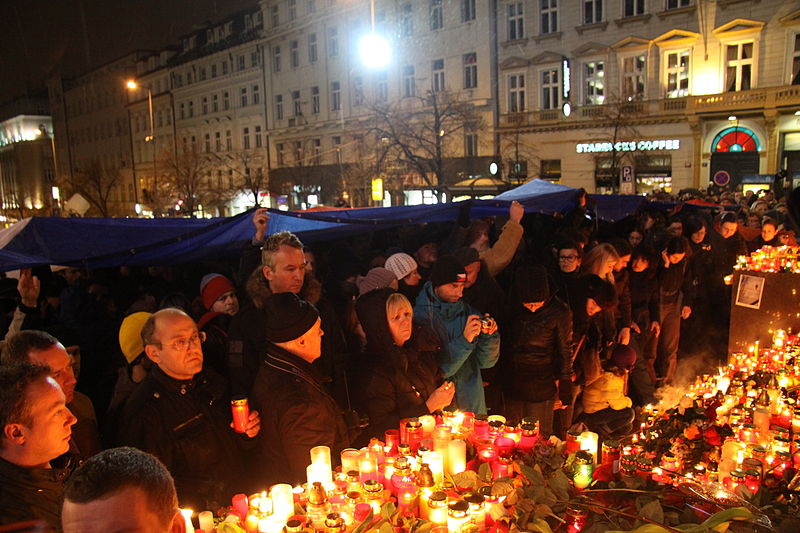I’ve been feeling discouraged lately – there are so many people trying to alert the rest of the world to the dangerous and suicidal course that we are on with our addiction to fossil fuels, and yet so very many powerful and loud voices are trying to drown out the voices of sanity and science. And addiction is a difficult thing to change, whether it’s heroin or fossil fuels. Will we be able to wean ourselves before our addiction kills us? The next twenty years will tell.
Oh, right, I was going to write about optimism. Sorry. As I mentioned a few days ago, I just read “No Impact Man” by Colin Beavan, and would highly recommend it (and I should thank my daughter’s boyfriend, Krystofer, who bought the book and then graciously allowed me to read it before he did). Marion Nestle, author of “What to Eat” describes the book as:
“A riveting account of the year in which Colin Beavan and his wife attempt what most of us would consider impossible. What might seem inconvenient to the point of absurdity instead teaches lessons that all of us need to learn. We as individuals can take action to address important social problems. One person can make a difference.”
At the beginning of his year of living no-impact, Beavan examined the work of psychologists who study happy people and what makes them happier than the rest of us.
What the positive psychologists had learned was that, while getting a new cell phone or a new car or a new house did give us a burst of pleasure, the pleasure did not last. If we wanted to feel the same spike of happiness, we would have to get another fix – yet another phone, yet another car. They called that mode of pleasure-seeking the “hedonic treadmill”.
The happiest people, the shrinks discovered, did not live their lives in this perpetual loop. Rather, these folks had raised their baseline mood in ways that did not require repeated doses of new stuff. The people most satisfied with life, it turned out, had strong social connections, found meaning in their work, got to exercise what they considered to be their highest talents, and had a sense of some higher purpose.
The positive psychologists confirmed scientifically, in other words, what simple-living advocates have been asserting for so long anecdotally: a life lived with less emphasis on acquisition might have the effect of leaving more time for richer, less resource-intensive life awards, making both the planet and the people happier.
So, it turns out that all of this consuming and working long hours to make money so we can consume even more isn’t making us any happier – less so, actually! Some voices in the climate change debate encourage passivity and inaction by saying things like “there might be global warming or cooling but the important issue is whether we, as a human race, can do anything about it.” These voices are trying to send us the message that the choices that we make aren’t important, and that we should just carry on in our usual way. It turns out, as Beavan’s story demonstrates, one person’s choices can make a difference at the same time as that person becomes happier, healthier (with a better sex life, too, according to Beavan:).
Here’s a video from the folks at The Fun Theory.com, a site dedicated to the thought that human behavior can be changed for the better by making the change fun. The video shows how 66% more people ended up taking the stairs rather than the escalator by making climbing the stairs more fun that usual:
[youtube=http://www.youtube.com/watch?v=2lXh2n0aPyw]
Have a fun, planet-loving kind of Friday!

